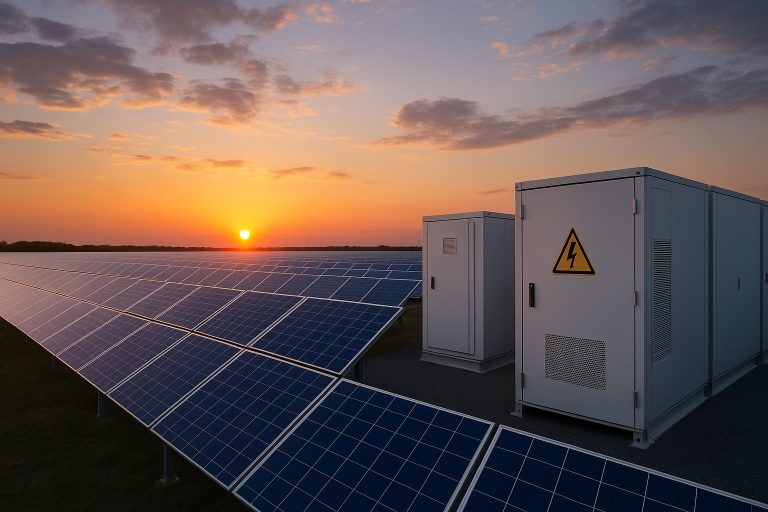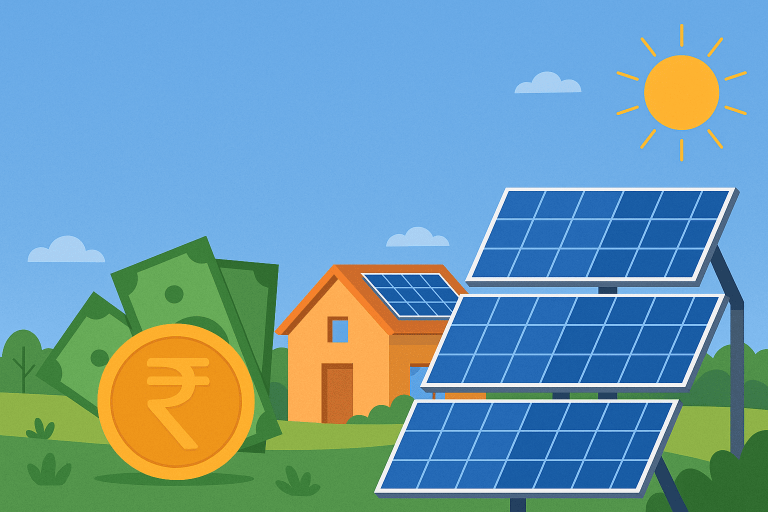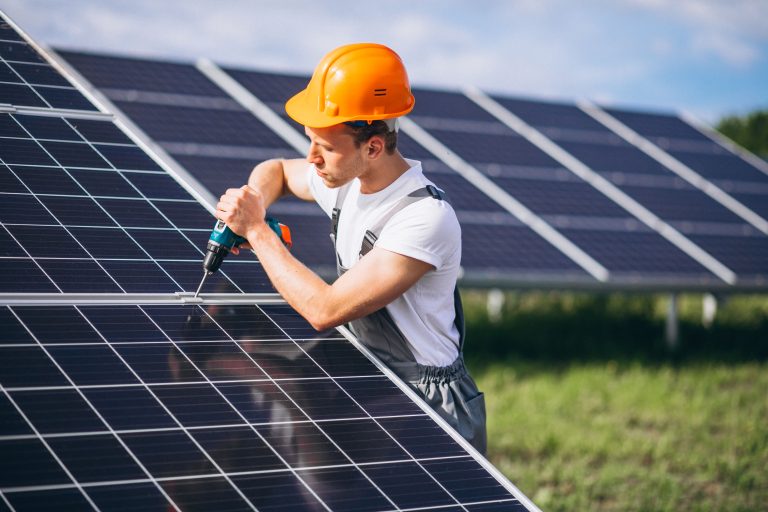Sustainable agriculture is essential for ensuring food security while minimizing environmental impact. One of the most promising advancements in this field is the integration of solar energy, which provides a renewable and eco-friendly power source for various farming operations. By harnessing the sun’s power, farmers can reduce dependence on fossil fuels, lower operational costs, and contribute to a greener planet.
The Role of Solar Energy in Agriculture
Solar energy has a wide range of applications in agriculture, making it an invaluable tool for modern farmers. Some key uses include:
- Solar-Powered Irrigation Systems
- Traditional irrigation methods rely heavily on electricity or diesel-powered pumps, which can be costly and harmful to the environment. Solar-powered irrigation systems provide a sustainable alternative, using photovoltaic panels to generate electricity for water pumps.
- Solar Drying and Storage
- Post-harvest losses can be significantly reduced through solar drying techniques. Solar dryers help preserve crops by removing excess moisture, preventing spoilage, and ensuring better market value. Additionally, solar-powered cold storage systems help maintain the freshness of perishable goods without relying on grid electricity.
- Greenhouse Heating and Ventilation
- Solar panels can be used to power heating and ventilation systems in greenhouses, providing a stable and controlled environment for crop growth. This reduces energy costs and enhances productivity, especially in regions with extreme weather conditions.
- Solar-Powered Machinery and Equipment
- Advancements in solar technology have enabled the development of solar-powered tractors and other farming equipment, reducing reliance on diesel fuel and cutting greenhouse gas emissions.
Benefits of Solar Energy in Agriculture
Integrating solar energy into farming operations offers numerous benefits, including:
- Cost Savings: Reducing reliance on traditional energy sources helps farmers cut electricity and fuel expenses.
- Environmental Sustainability: Solar energy reduces carbon footprints and promotes eco-friendly farming practices.
- Energy Independence: Farmers can generate their own power, reducing dependence on unstable electricity grids and fuel markets.
- Increased Efficiency: Solar-powered technologies improve productivity and crop yields while maintaining sustainability.
Challenges and Solutions
While solar energy presents numerous advantages, there are also challenges to consider, such as high initial installation costs and the need for technical knowledge. However, government incentives, subsidies, and advancements in solar technology are making solar energy more accessible and affordable for farmers worldwide.
Conclusion
Integrating solar energy into sustainable agriculture is a game-changer for the farming industry. By adopting solar-powered solutions, farmers can improve efficiency, reduce costs, and contribute to a healthier planet. As solar technology continues to advance, its role in shaping the future of eco-friendly farming will only grow stronger.






